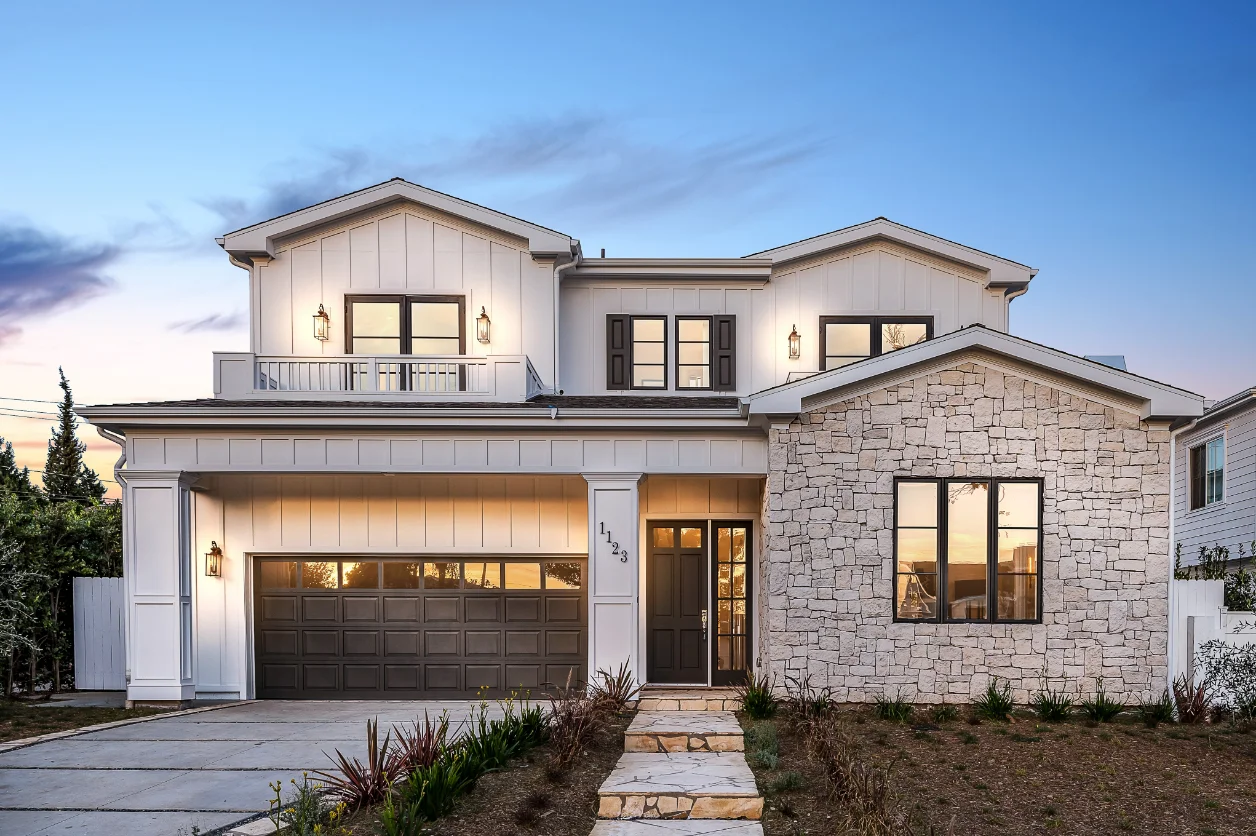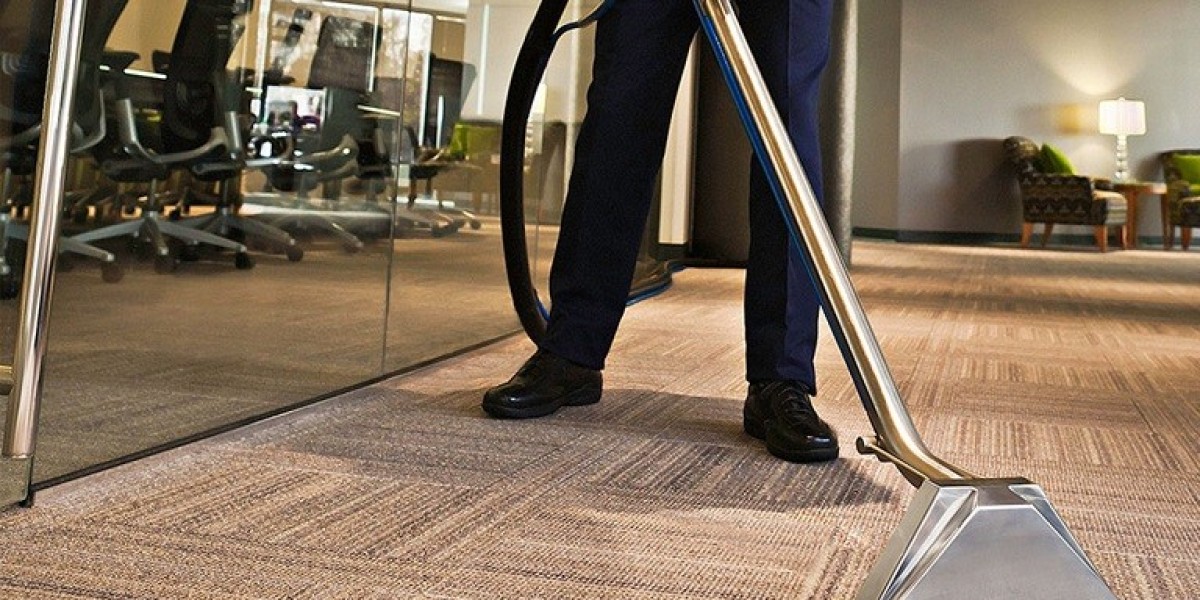
Whenever you enter that negotiation phase for a commercial lease, you should discover a lot of different vocabulary that you might not understand. Otherwise, you can't figure out the agreement. Though the jargon behind the industrial genuine estate lease for an industrial residential or commercial property can be extremely intricate, it's vital to understand what the expressions suggest.
That way, you have invaluable insights into the nature of the industrial lease. It might likewise help you to prevent bad lease terms that do not fit your needs or requirements.
One of the most important things to understand about business realty is the kind of lease you have. For instance, gross leases are something that everybody need to know. What is a gross lease when it comes to commercial real estate? Why should you believe about having one? Should you get a net lease rather?
Finding out about the distinctions between gross and net leases is the primary step, and this is where you go to get all that details!
With a full-service gross lease for commercial genuine estate, the occupant pays a single payment to the landlord. Rent is paid to inhabit that space and cover other residential or commercial property costs that might be associated with the residential or commercial property. These can consist of residential or commercial property taxes, insurance, and so far more.
Typically, this kind of business real estate lease is the most common for office buildings and those with multiple tenants.
In general, a gross lease is a full-service lease, and all of the expenses are included. However, there might be other gross leases and options out there, too. They might leave you with comparable liabilities as you might have with a triple net lease. This is where you guarantee to pay every cost for the residential or commercial property.
With that in mind, you must read your lease arrangement carefully. Though comprehending gross and net leases are vital, this article focuses more on the gross lease rather of the net lease.
Things to Know
Expenses Could Vary
A gross commercial lease includes all the base rent with expenditures, but they might vary in between agreements. For instance, it might contain upkeep, energies, taxes, insurance coverage, and all the rest. Before signing a gross lease, thoroughly evaluate the costs that are consisted of. If you do not, you could face comparable liabilities for residential or commercial property costs that may feature a triple-net lease.
Though internet releases like that can be useful, and residential or commercial property ownership stays the same, you ought to fully comprehend the ramifications of both the gross and net lease before signing anything.
Simplify Payments
Some companies like gross leases much better because it's easier on the accounting group. With that, the tenant pays for most of the costs associated with the residential or commercial property, such as residential or commercial property taxes, and can do everything with one check.
Large companies frequently find this beneficial because they may have numerous leases and portfolios.
Ultimately, with a net release, you must spend for each cost individually (or often as a group). Therefore, you might cut 3 or more checks each month.
Rent Rates Could Vary
While not typical, some gross business leases provide the property owner the ideal o modification leas from month to month, which covers variable costs, such as energies. With such a lease, the lease may be higher in the summertime due to the fact that you use more air conditioning. That kind of provision decreases the advantages of utilizing a gross lease, so it's best to work out the removal of that bit before finalizing.
Generally, residential or commercial property taxes, insurance, and similar amounts do not change, so the property owner is seldom permitted to change rent.
Even with net releases, the rent rarely alters because you're spending for specific things. However, some things are variable, such as upkeep. One month, you may pay more due to the fact that a maker broke down, while the next month had little maintenance other than typical problems.
Rent Can Increase
In many cases, gross commercial leases let the property manager make rent escalations at particular periods to cover those variable expenses. Sometimes, the boosts get tied to actual expenses and only boost when expenses go up, such as residential or commercial property taxes. With that, the escalation could occur regularly and be a fixed quantity that follows the movements of third-party indications, such as the Consumer Price Index.
Again, net leases can have lease boost throughout the lease's lifespan, too. Therefore, there isn't much of a distinction in between the net lease and gross lease.
Occupancy Costs Vary

One big drawback of gross business leases is that the tenancy costs are often out of control for the tenant once the files are signed.
For circumstances, you pay a flat rate for the energies. Then, you choose to include a wise thermostat or LED light figures to save energy. Though you're assisting the planet, you don't decrease your lease expenses unless you can renegotiate with the property manager.
Plan for the Future
One good idea about gross leases is they can make it easier for you to anticipate and spending plan for the future. You pay a set rate for the rental each time, so you can factor in those costs. However, the exception here is if your landlord puts in stipulations that can raise the lease with time.
Generally, the property manager is needed to inform you when lease is to increase. If it is indicated in the arrangement, though, it is your obligation to track it. You might ask the property manager or residential or commercial property supervisor to send out an e-mail or text suggestion, and they ought to do so as a courtesy to you.
To make forecasting and budgeting even easier, consider using one of the top business residential or commercial property management software options.
Pay Only for the Space
Many renters like gross leases due to the fact that they are only needed to pay for upkeep, utilities, and other expenditures connected with the residential or commercial property they occupy. If you rent one location of an office complex, you just spend for what you utilize. The property owner must cover the rest.
However, this can get difficult, particularly when the property manager has many occupants. Therefore, it's best to understand the terms described in the rental arrangement. Ensure that the mathematics is proper and learn from the landlord how lots of units are leased and figure everything out yourself. That way, you know that you're not overpaying for the space.
Reasons to Consider a Gross Lease
Most landlords try to move upkeep expenditures and all the rest to tenants with a triple net lease structure. Therefore, a gross lease structure is typically harder to find.
Still, some property owners feel that gross leases are advantageous to the customer (tenant) and desire to make it attracting for them to rent from that entity or person. Others never moved away from the gross lease scenario.
Though a gross lease might appear to be more expensive at first, there are engaging factors to select it over net leases when supplied to you.
Transparent and Predictable

One of the finest factors to lease area on a full-service gross lease basis is you understand precisely what you spend. The lease is yours. Though there might be variable costs to make it change, you still know how it is customized with time.
For example, if the residential or commercial property taxes go up, you have a spike in building repair work, or utilities increase, those expensive issues need to be dealt with by the residential or commercial property owner instead of you. When you combine gross leases with pre-defined increases, you see long-term presence into your costs.
Could Be a Better Deal
Sometimes, having a gross lease is just a better deal. One huge marketing obstacle for a gross lease is that it looks a lot more costly than a net lease. You desire to pay $21/SF for rent rather of $33!
However, that $33 gross lease is much better than the $21 triple net lease for office complex due to the fact that the triple net lease has $13 in maintenance costs and other expenses. Therefore, the gross lease is more economical general. It prevails to discover that this is real.
With that, the gross lease is often provided by the less sophisticated residential or commercial property owner, though this isn't constantly the case. Dealing with a mom-and-pop residential or commercial property owner has challenges, too. However, it may mean that they priced the structure listed below the rental market price.
It's best to talk to a renter agent to identify these situations so that you can take benefit of them when they are offered.
It's Your Only Option
Ultimately, the finest reason to concentrate on the gross lease structure is that there's no other option. You may discover a space that fits all of your requirements magnificently, and the building works for business at an overall cost fitting into your budget. Therefore, the lease structure might not be that essential.
If the property owner wishes to utilize a gross lease structure instead of single-net leases or double-net leases, it could assist you to consider the request. You might have the ability to get a much better offer on the service points that matter, such as utility costs or running expenses related to that residential or commercial property.
With that, a gross lease could be the only way to get the right area for your service.
Modified Gross Lease vs Triple Net Lease

It's essential to keep in mind that there are numerous gross lease types. You simply discovered the full-service version, and it can be highly beneficial. However, customized gross leases are likewise offered.
Typically, a modified gross lease is somewhere in between a triple-net lease and a full-service gross lease.
Understanding a Modified Gross Lease
Usually, the commercial genuine estate market splits the costs connected with running a building into three areas: insurance, taxes, and operating expenditures. Typically, operating costs are a broad subject that can include the energies billed to the entire structure, upkeep and repair work, management, and practically anything else that your landlord spends for on the residential or commercial property.
Generally, a customized gross lease implies the property manager and tenant divide these expenses. You could pay for the operating expenses, and the property owner covers the insurance and taxes. This is frequently called a single net lease, which is various from a triple net lease where you must spend for all three things.
When It Isn't Clear
Generally, that meaning is straightforward, however the usage of the term within the industry can get confusing. You might find a property owner who quotes you the full-service lease and includes cost stops while calling it a customized gross lease.
With that, you pay a flat rate for lease, however when the structure costs (which might be anything) go over a particular amount per SF, you need to pay the difference. Alternatively, the landlord may determine modified gross leases in a different way than others.
Similarly, one building might estimate a modified lease with all costs included. The one beside it might have a lower modified gross rent and add additional costs.
The nature of the modified gross lease suggests it's tough to compare it with other net lease alternatives and the rest. With triple net leases, you pay everything, and with a full-service lease, the landlord pays everything. Modified gross leases mean that things alter, and you need to check out and comprehend the small print before finalizing.
What to Know
Seeing as MGLs can be quite complicated, you must understand a couple of bottom lines about them before you get in into a contract. Here's what to learn about modified gross leases:
The In-between Lease
The finest way to grasp the customized gross is to understand that they're an in-between lease alternative. With your full-service gross lease, you pay the lease, and the property owner covers whatever else. For triple net leases, you pay the lease and a few of the operating expenses. However, with a modified gross lease, you pay the lease and cover some of the taxes, running expenses, and insurance coverage, while the property manager does, too.
Rent Seems Cheaper
With triple net leases, it's crucial to examine the CAM charges. However, modified gross rents are often better to the full-service rents. Therefore, you need to determine what the expenditure liabilities are to prevent surprises later. Choosing the best renter representative is crucial since they check it for you.
Not Always What They Seem
Depending upon the marketplace, the modified gross lease might be called a different term. Industrial gross leases, single-net, and double-net leases all suit the classification of the MGL.
Look for Meters
With the full-service area, electrical energy is typically included in the lease. However, with triple net leases, it isn't consisted of, and you have your own meter and should pay that expense straight to the business. Usually, you pay the water and gas costs, also. Therefore, with an MGL, it's difficult to forecast what might happen, so always speak with your property owner and keep your eyes open.
Must Read Fine Print
A customized gross lease is really unpredictable. When you hear that industrial residential or commercial properties are modified gross, you truly can't be sure of anything. You simply understand that you need to pay lease and some other expenses connected with the building. To understand what the residential or commercial property expenses, you've got to review all of your lease files completely and have a mutual understanding of the condition, utilities, and functions of that building.
Get Legal Assistance

With all the complexities related to a customized gross lease, you ought to work with a qualified renter representative to assist with the process. They can discover business residential or commercial properties for you and negotiate the lease when the time comes.
It's an excellent concept to use a renter rep or a specialized genuine estate broker who comprehends the industrial side. That method, you comprehend the implications of the lease and don't have any surprises or headaches to deal with later on.
When identifying what retail residential or commercial properties work well for your needs, it's vital to understand the realty terms. Generally, a gross lease implies that you pay your lease and various other expenses, such as energy expenses or building insurance. However, you just write one check to cover it each month.
This one swelling sum payment is constantly the renter's responsibility. However, full-service leases are better than triple net leases since you can talk with the landlord and work out the taxes and insurance (and additional costs) with a gross lease.
There's no one-size-fits-all circumstance, so the kind of lease you have is based on numerous aspects. Now that you comprehend the gross lease circumstance, you can figure out if it's the very best situation for you!
Frequently Asked Quesitons
What Is Gross Lease?
A gross lease is a type of full-service lease where all of the expenses of the residential or commercial property are included. This might include water, electrical power, insurance, and numerous other costs. This kind of lease is common for residential or commercial properties which contain several renters, like office complex.
David Bitton brings over 20 years of experience as an investor and co-founder at DoorLoop. A previous Forbes Technology Council member and legal CLE speaker, he's a very popular author, keynote speaker, and believed leader with discusses in Fortune, Insider, Forbes, HubSpot, and Nasdaq.







